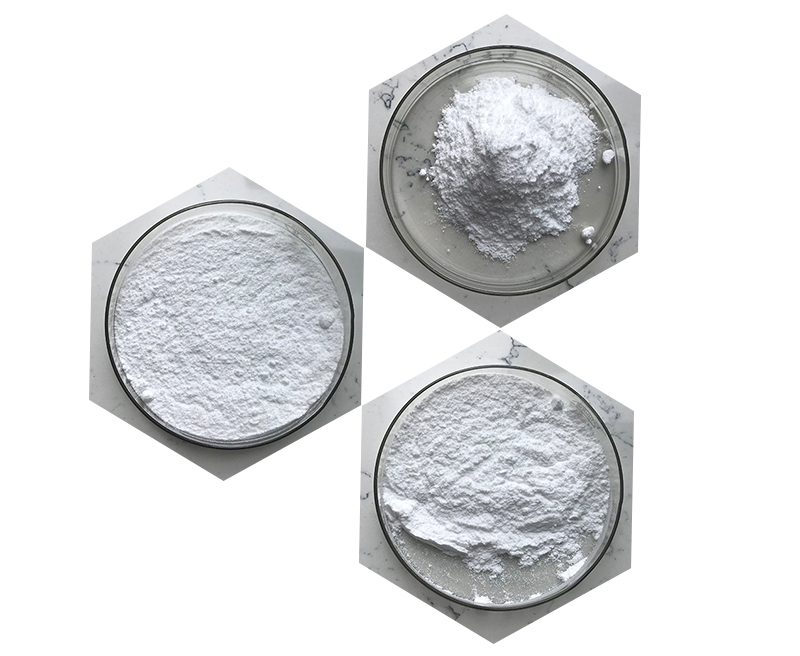L-Theanine is an amino acid found primarily in tea leaves, particularly in Camellia sinensis, the tea plant. It is known for its relaxing and calming effects and is often used as a dietary supplement for its potential health benefits. Here’s a breakdown of its origin, nature, and introduction:
Origin of L-Theanine:
L-Theanine is naturally occurring in tea leaves, and it’s most abundant in green tea (Camellia sinensis). The tea plant has been cultivated for thousands of years, primarily in East Asia, with historical records of tea consumption dating back to ancient China. The discovery of L-Theanine is attributed to Japanese scientists in the mid-20th century, although its presence in tea had been known for some time.

Nature of L-Theanine:
L-Theanine is an amino acid analog, meaning it resembles the structure of other amino acids but has distinct properties. It is structurally similar to L-glutamate, which is an excitatory neurotransmitter in the brain. However, L-Theanine has unique effects on brain function and is considered to have calming and mood-enhancing properties without causing drowsiness.
L-Theanine has several key characteristics:
- Relaxation: L-Theanine promotes relaxation by increasing the production of several neurotransmitters, including gamma-aminobutyric acid (GABA), which has inhibitory effects on the nervous system. It also increases the levels of serotonin and dopamine, contributing to its mood-enhancing properties.
- Cognitive Benefits: L-Theanine is believed to improve cognitive function by enhancing attention, focus, and mental clarity. It can also help reduce the negative effects of stress and anxiety on cognitive performance.
- No Sedation: Unlike some substances that induce relaxation or calmness, L-Theanine does not typically cause drowsiness or sedation. This makes it suitable for use during the day without interfering with alertness.
Introduction of L-Theanine:
The introduction of L-Theanine as a dietary supplement and its recognition for its potential health benefits began in the mid-20th century. Japanese researchers, particularly Dr. Takeshi Imai, were instrumental in studying the properties of L-Theanine. It was discovered that L-Theanine could cross the blood-brain barrier, leading to its calming effects on the central nervous system.
L-Theanine gained popularity as a dietary supplement due to its use in traditional tea preparation and its potential to counteract the stimulating effects of caffeine found in tea and coffee. Today, L-Theanine supplements are available in various forms, including capsules and tablets, and are often used for stress relief, relaxation, and cognitive enhancement. It is commonly used in combination with caffeine to provide a balanced, alert, and focused mental state without the jitters or anxiety often associated with caffeine alone.
In summary, L-Theanine is a natural amino acid found in tea leaves, primarily green tea. It is valued for its relaxing and mood-enhancing properties, as well as its potential cognitive benefits. Its introduction as a dietary supplement has made it more accessible for individuals seeking to harness its effects for various purposes.
